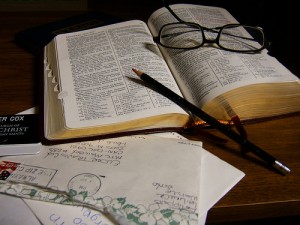While the new Teacher’s Council provides opportunities for teachers to collaborate, the primary purpose is to teach members of the church (including families) how to learn. Our social norms, both in and out of the church, condition us to operate as Self-Help Junkies, with a higher emphasis on completing the reading task than actually learning something.
With this in mind and using Blooms Taxonomy, I’ve taken two lessons from January’s potential topics on the Godhead and written examples for learning objectives.
Topic: The Godhead
Learning objectives:
- List the members of the Godhead.



